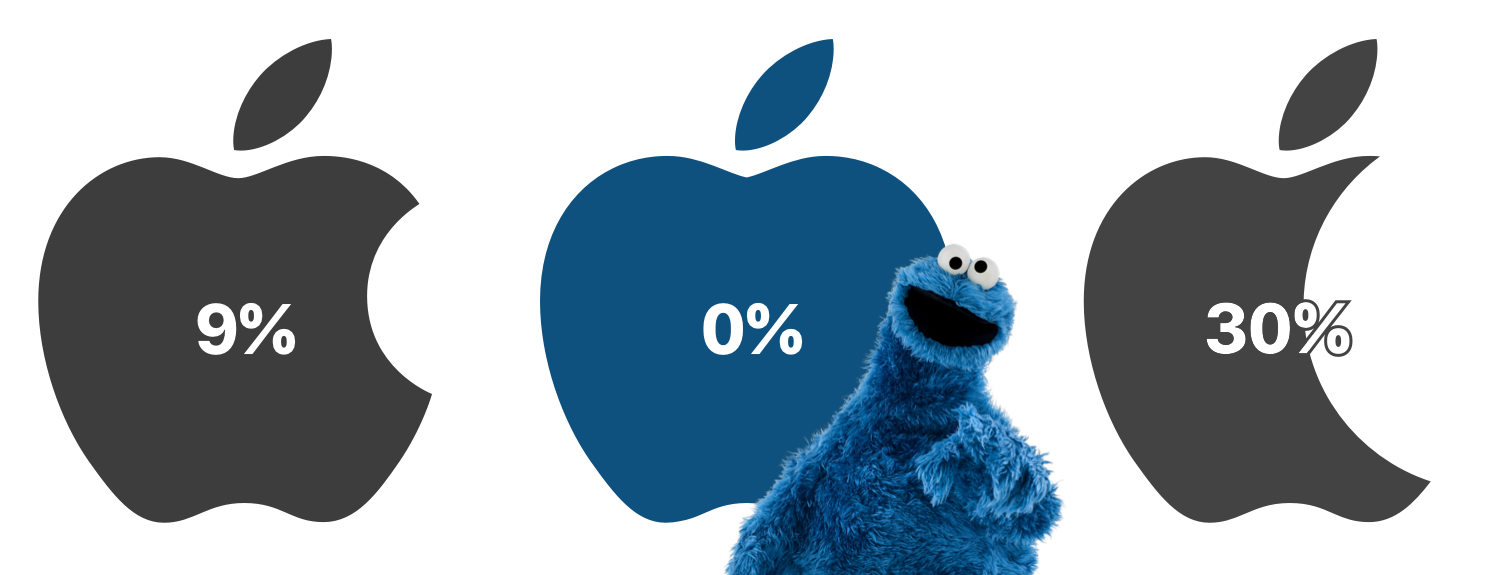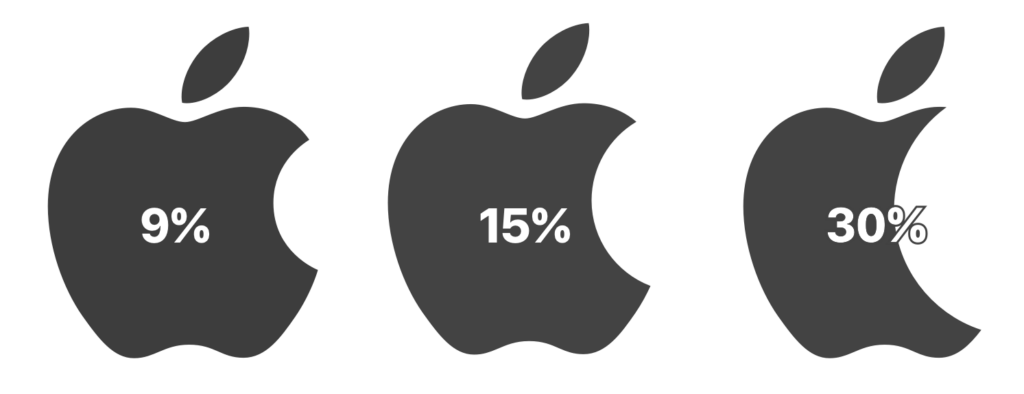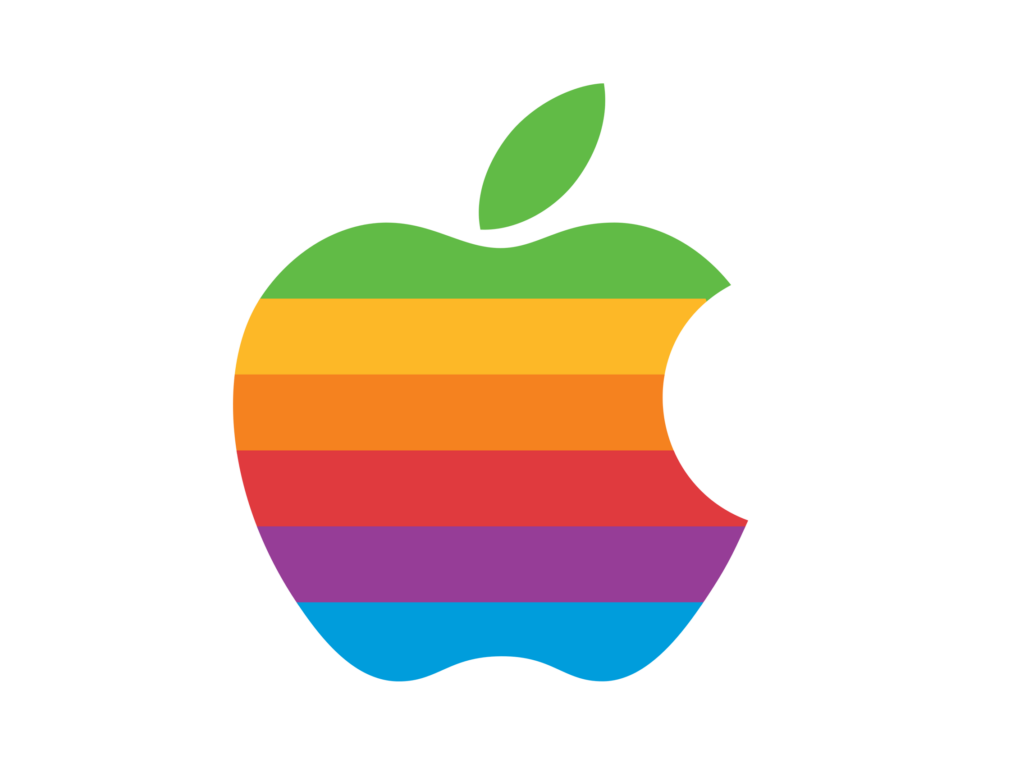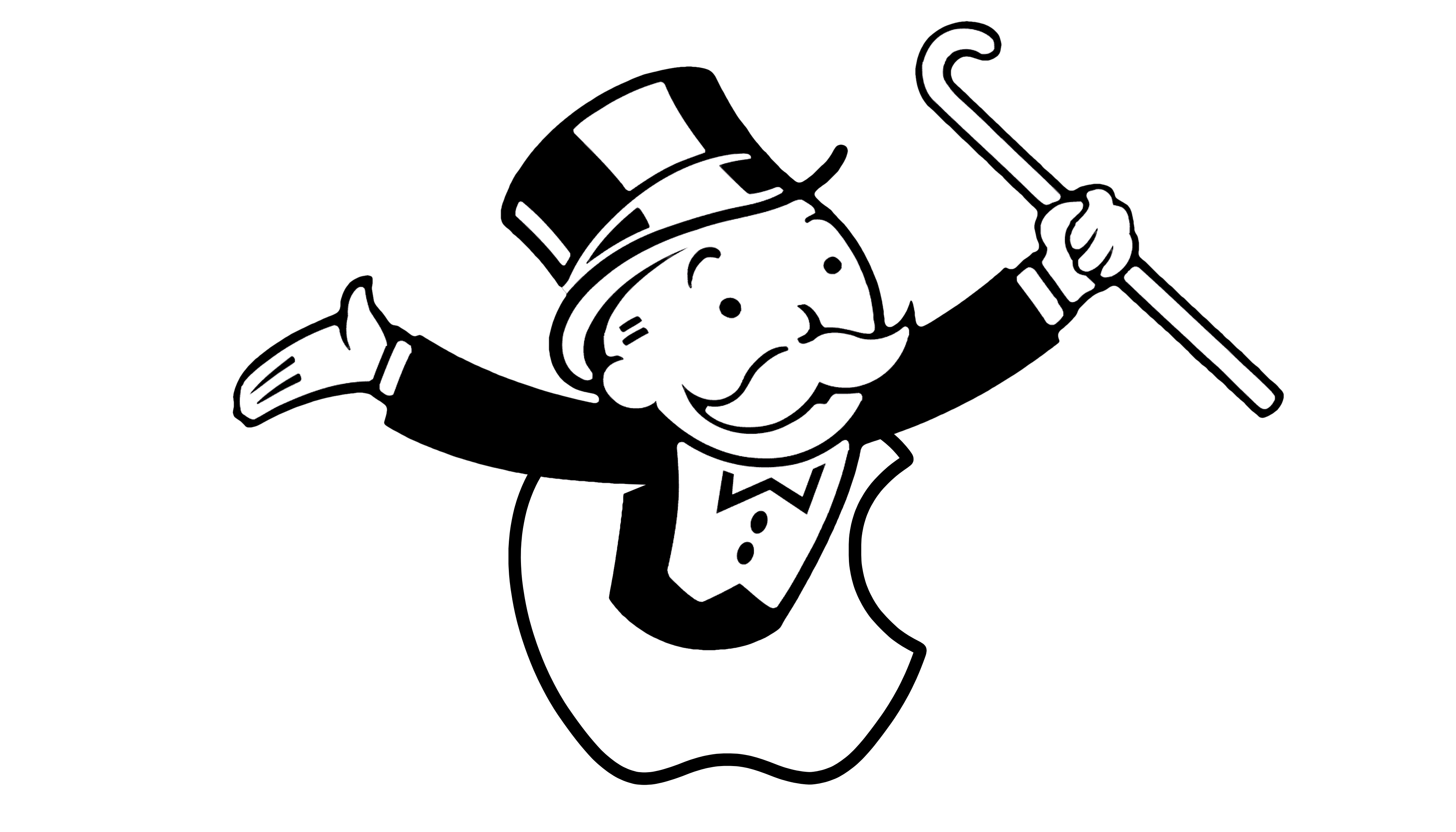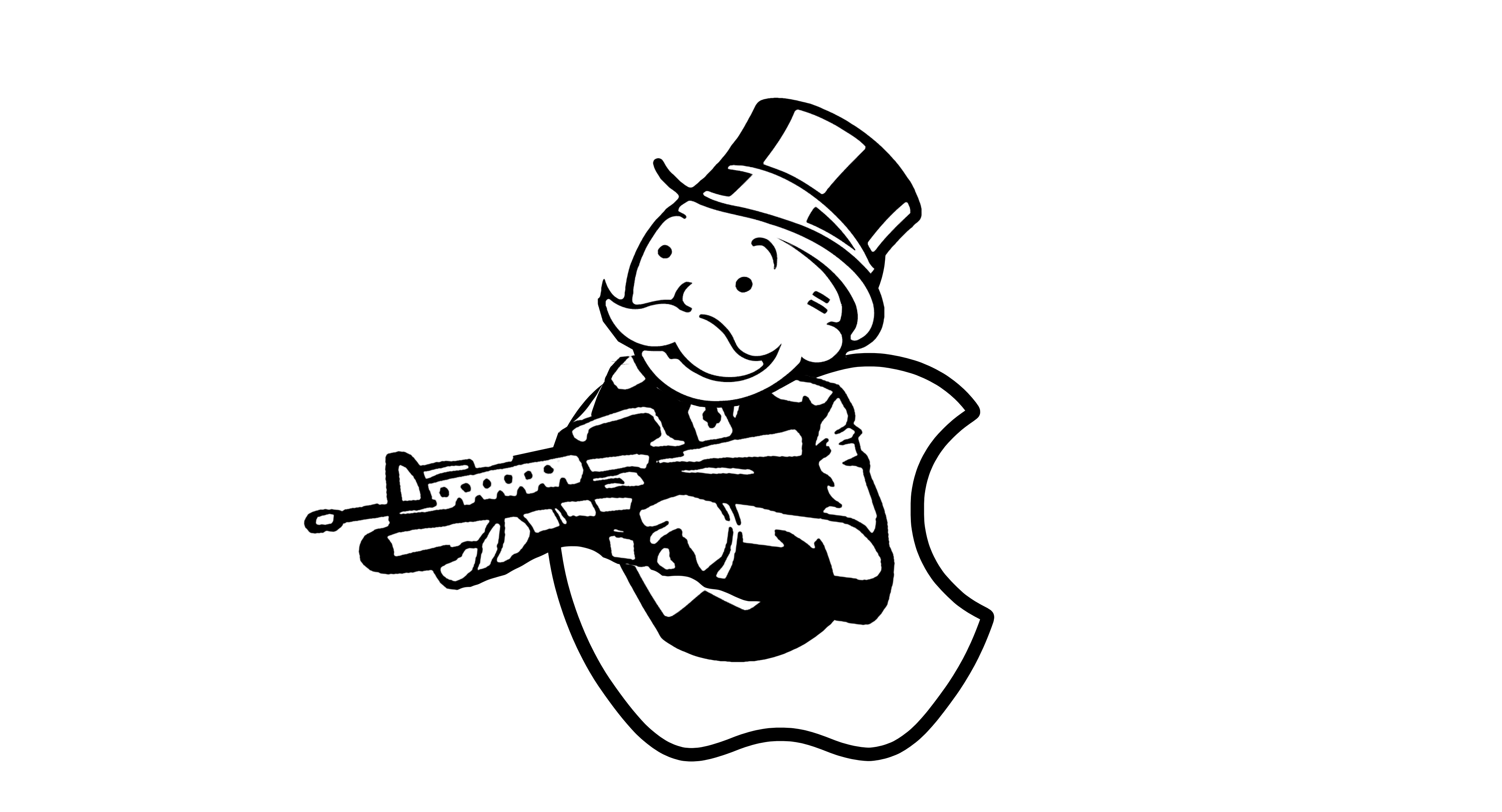Why should Facebook—the biggest beneficiary of the iPhone, its tools, and its infrastructure—pay $99.-, when small developers have to pay tens and hundreds of thousands?
The short answer is that Facebook’s apps belong to the free with advertising category, which Apple defines as follows:
These apps are free for users to download and the developer generates revenue from advertisements in the apps. Apple receives no commission from supporting, hosting, and distributing these apps. Example Apps: BuzzFeed, Instagram, Pinterest, Twitter – Apple
Last week Mark Zuckerberg, social media monopolist extraordinaire, complained about Apple abusing its monopoly. Apple, he said, “blocks innovation” and abuses its monopoly to ask for “monopoly rents”.
‘[Apple has] this unique stranglehold as a gatekeeper on what gets on phones,’ Zuckerberg said to more than 50,000 employees via webcast. He added that the Cupertino, California–based company’s app store ‘blocks innovation, blocks competition’ and ‘allows Apple to charge monopoly rents.’” – Mark Zuckerberg via Buzzfeed News
The irony is that Zuckerberg is the biggest profiteer of Apple’s platform and he doesn’t pay rent. Here are the top 10 Apps on iOS. Three belong to Mark Zuckerberg:
- YouTube
- Snapchat
- TikTok
- Messenger
- Gmail
- Netflix
- Google Maps
- Amazon
From the top 10 only Netflix and Amazon Pay rent. (They found a backdoor to pay less). Zuckerberg makes billions of dollars selling his ads for free. Why is he complaining? What happened?
On Thursday, Apple refused to allow Facebook to notify people that the iPhone maker would collect 30% of in-app purchases made through a new feature on the Facebook app that lets businesses sell tickets to online events on the platform.” – Buzzfeed News
He doesn’t complain because he cares about innovation. What he cares about is that Apple is starting to tax Facebook. And that he is not allowed to complain about it. There is another reason:
Facebook now faces a major obstacle: the next version of iOS, Apple’s operating system, which offers users much more complete information about how apps track their information. With a warning on your smartphone asking you to choose between ‘Allow tracking’ or ‘Ask app not to track’ your advertising ID (IDFA), it’s likely that the number of users who will choose to allow tracking will plummet” – Forbes
Apple deserves praise for enforcing privacy. And if you think their logic through, shouldn’t big apps pay the Apple tax like everybody else? Small and medium apps are paying hundreds of thousands of dollars and struggle to stay in the black, while the apps that make the biggest profits pay nothing. Why exactly does it matter that they sell advertisement?
In the court case against Epic, Apple claims that it deserves a share of money made through the iPhone. We don’t need to accept that, but, say, for the sake of the argument, we did: why is not everyone taxed then? Why is Facebook taxed on in-app purchases for concert tickets and not for advertising? Wouldn’t taxing everyone allow Apple to lower the taxes? Do these old rules from a different time hold in 2020?
1. Who pays?
Apple taxes companies that use its platform. And their 30% tax is high if you look at the profitability in today’s software industry. Selling software you are looking at an average profit marking of 20%. If you deduct 30% additional cost from your revenue, you are at minus 10% that you need to catch up with every month.
Apple argues that developers pay for security, tools, and quality. We do not need to because of “supermarkets”, because it’s fair or logical or a good deal. A tiny fraction of the money made via iPhone is being taxed. The big profiteers of Apple’s security, tools, reach and platform do not pay. Apple discerns eight cases and it gives the following examples:
- Free Amazon Alexa, Chase Mobile, Geico, Wikipedia
- Free with advertising BuzzFeed, Instagram, Pinterest, Twitter
- Free with in-app purchase Candy Crush Saga, Clash of Clans, Skype, TikTok
- Free with physical goods and services Airbnb, Amazon, Lyft, Target
- Free with subscription Bumble, Calm, Hulu, Pandora
- Paid Dark Sky Weather, Facetune, Heads Up!, Monument Valley 2
- Reader Amazon Kindle, Audible, Netflix, Spotify
- Cross platform Dropbox, Hulu, Microsoft Word
Apple asks for a tax on certain products for historical reasons. And Apple continues to asks for its tax as it does because Apple can. It makes the rules. Apple sees three main cases: Digital goods, physical goods and services, and advertising. These fall into two groups: Paid or subscriptions. They added two special cases: Readers and Cross Platforms where Apple allows users to access apps and content that was paid from somewhere else.
1.1 Digital goods
Apple proudly claims that “hundreds of thousands of developers” made 40 billion dollars directly through the App Store. 75% of all revenue is generated by games. The remaining cake is eaten up by big earners. This is how the top 1% of app publishers generate 80% of all new installs, and 95% of all revenue is generated by 1% of the apps:
Out of a total $22 billion in gross revenue generated during Q3 2019, the 1,526 publishers comprising the top 1 percent generated $20.5 billion. Meanwhile, just $1.5 billion, or 7 percent, or all revenue was left over for the 151,056 publishers in the bottom 99 percent. That averages out to a little more than $9,900 per publisher per quarter.” – Sensortower
The Apple tax applies to apps that, according to Apple, sell digital goods. A lot of popular apps you spend money with, like Uber, pay nothing. This is great for them, but it’s not that great for the others that are taxed excessively.
The App Store makes 50-60 billion dollars in direct transactions. This is double of what Android makes. In spite of it 13% market share, the iPhone makes twice the revenue compared to Android. iPhone users are at least 10 times more valuable than Android users. If Apple’s customer base is 10 times more likely to buy an app, how much more likely are they to spend money on anything?
On average, Android users spend $11.54 per transaction. iPhone users, on the other hand, spend a whopping $32.94 per transaction. – Do iPhone Users Spend More Online Than Android Users?
So, then let’s look at the bigger chunks of the e-cake: physical goods/services, and then let’s try to get a taste of the biggest chunk: advertisement.
1.2 Physical goods and services
Last year, the figure for all e-commerce transactions in the App Store was 519 billion dollars per year. That’s 1/7th of the 3.5 trillion online economy.
Because Apple only receives a commission from the billings associated with digital goods and services, more than 85 percent of the $519 billion total accrues solely to third-party developers and businesses of all sizes. –Apple
Half a trillion dollars are measurably made via iPhone Apps that do not pay any percentage of all. Apps selling services involving physical services, like Uber or Airbnb do not pay the 30% tax to Apple. Uber and Airbnb are proud IT companies. Uber’s iPhone App is a core asset of their business model.
Now let’s get to the free ride that the top 10 apps get. They profit most from Apple’s infrastructure and they make the biggest chunk of money through the iPhone and they pay as much as nothing to Apple.
1.3 Advertisement
How much of the 3.5 trillion cash in IT do Facebook, Google, Amazon & Co make through the iPhone, circumventing the Apple tax like they circumvent regular taxes?
If 519 billion dollars are made via iPhone by selling physical goods without being taxed, how much of all the digital goods are channeled through the iPhone without taxes? The ad revenue generated by top iPhone apps, from Facebook, Google, and Co is not available as a clean-cut number. If the general rule of thumb is that an iPhone user is worth ten Android users, then iPhone economically outshines Android in every way.
But they are not digital goods and they are not being sold directly through the apps. If they had in-app payments, Apple would charge them. Right?
Ads are digital goods. What else are ads? Spiritual goods? They are the digital good. They are what is driving the digital economy in the first place! And, yes, Facebook, Instagram, Twitter, and so on do have direct transactions built into the apps. And, no, they do not pay any fees to Apple for these in-app transactions.
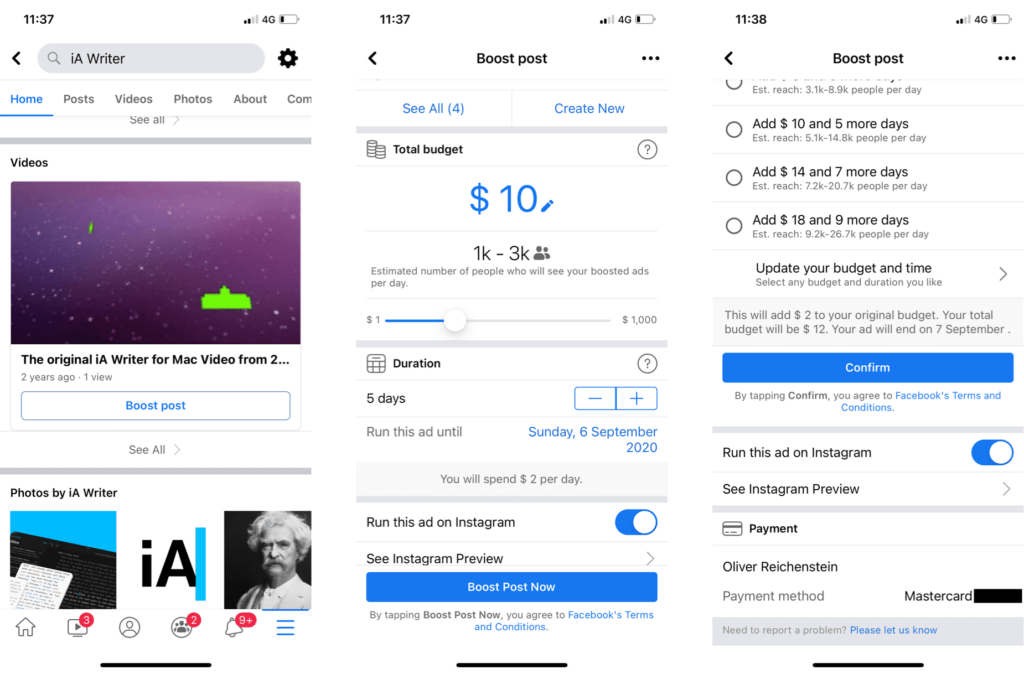
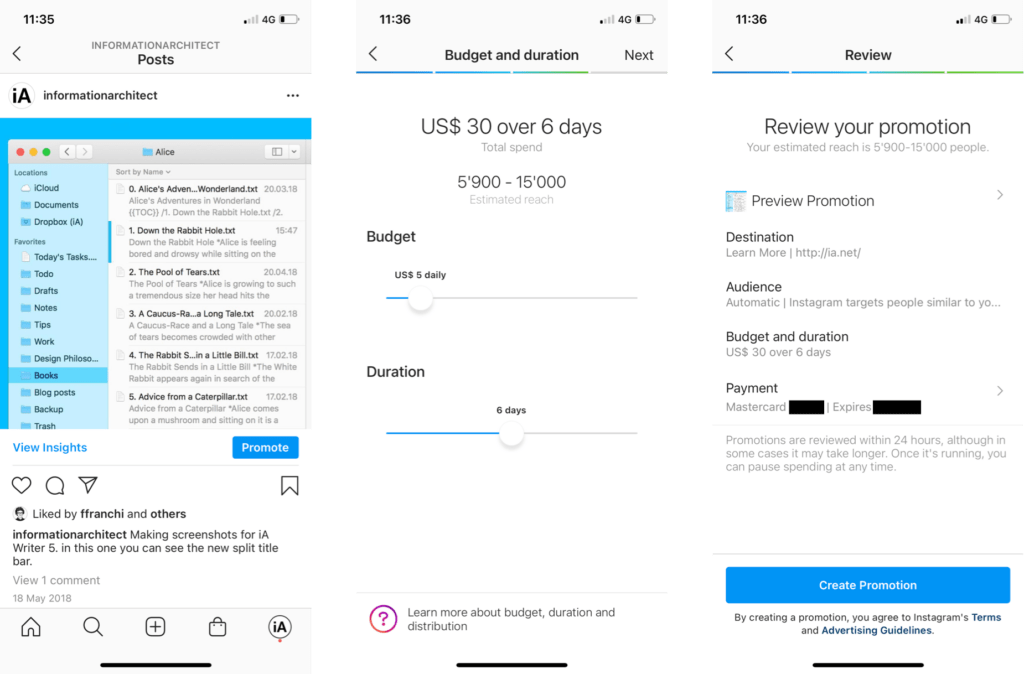
If you buy ads in Facebook via Facebook they’re Apple tax free, because they are ads. The rules are the rules. If you buy concert tickets for offline events they’re direct payments and Apple tax free because they are ads and they sell physical services. But if you buy tickets for online events in Facebook via Facebook, they get processed via Apple’s standard in app purchases. They unlock a function. Then Facebook (in the name of the ticket seller) has to pay 30% to Apple. The UI then looks like this:
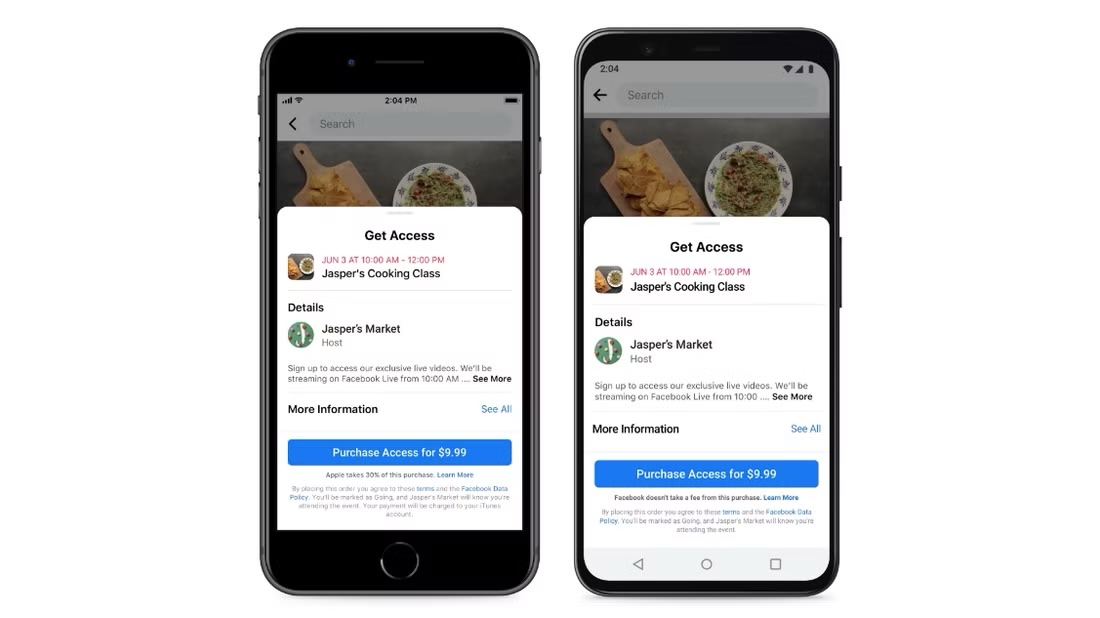
Apple keeps repeating that the rules are the same for all, but they are not. The top ten apps do sell digital goods and only two of the top ten apps pay Apple. Netflix and Amazon. Netflix and Amazon have found a backdoor to avoid the 30% tax. One difference between ad-based and those who pay Apple is that paid apps charge consumers. Ad based apps feed on our privacy and charge companies for it.
That can be right. So that can’t be, right? There must be a mistake. We must be missing something. We have been on the App Store for 10 years, paying the Apple tax like a good Apple citizen. We started listening up when Hey raised concerns in May and thought: “Hey, that’s courageous, and the attention may be good for you, but Apple will hate you, and you are not going to get Apple to lower the tax.” When Epic protested, we were glad that someone with power brings it up, but, again “there is no way you are going to get Apple to lower the tax.”
We are now investigating the matter for two weeks, and the more we understand, the less we comprehend how no one has pointed out the smoking gun yet. Last Friday, Marco Arment raised the same concern. No one is perfect. Epic is far from immaculate. Both Hey and Epic have a point that there is something rotten in the state of the App Store. The rules need to be rewritten.
2. Why do we pay?
2.1 Tools and infrastructure
When Apple defends the 30% revenue share they take, one popular argument is that they make the hardware, provide the tools and the infrastructure for developers to publish apps.
The App Store is not simply a marketplace — it is part of a larger bundle of tools, technologies and services that Apple makes available to developers to develop and create great applications for iPhone, iPad and other Apple products. […] > Epic has made great use of Apple-provided tools, such as TestFlight, VOIP, Stickers, iCloud document storage, ARKit, Messages Extension, ReplayKit, and Push Notifications., such as TestFlight, VOIP, Stickers, iCloud document storage, ARKit, Messages Extension, ReplayKit, and Push Notifications.
Developers have pointed out that we pay 99 dollars a year to Apple for membership and access to those tools. That’s not much. But that’s the deal.
2.2 The marketplace
In the case against Epic, Apple’s General Counsel argues that:
Not only has Apple supplied tools and technologies for Epic to build its apps, but it also provided a marketplace—the App Store—to help make them a success.
That same argument applies to the top ten apps. But they don’t pay a share of their revenue for that.
2.3 Safety and privacy
Another line of argumentation is that Apple’s infrastructure provides a safe environment for its users:
The guiding principle of the App Store is to provide a safe, secure and reliable experience for users and a great opportunity for all developers to be successful […] Apple invests significant resources to ensure that apps meet high standards for privacy, security, content, and quality; we have reviewers located on three continents, representing 81 languages, and reviewing on average 100,000 submissions per week.
Indeed. iOS is safer than Android. One key reason is that Android users don’t update their devices regularly. Another is that it has a smaller market share. The App Store with its safety check has a huge influence, but not only is iOS safer than Android. The Mac is safer than Windows, and it does allow installing apps without going through the App Store. With its notarization process, the Mac offers a perfect example of how iOS could work. It’s not 100% foolproof, but neither is the App Store: Google “VPN scam”.
As for privacy, let’s look at the top 10, and casually judge them by the standard of privacy. Content and quality are in the eye of the beholder, but when it comes to privacy none of the most popular apps, except Netflix and Amazon stand out:
| Rank | App | Privacy |
|---|---|---|
| 1. | YouTube | ? |
| 2. | ? | |
| 3. | Snapchat | ? |
| 4. | TikTok | ? |
| 5. | Messenger | ? |
| 6. | Gmail | ? |
| 7. | Netflix | ? |
| 8. | ? | |
| 9. | Google Maps | ? |
| 10. | Amazon | ? |
With iOS 14, Apple is going to increase privacy regulation. Great. This won’t change that the business model of the key apps stands in direct opposition to Apple’s claims about quality, privacy, and safety. And yet they are not just the most popular apps, they are the most successful, financially.
2.4 “You only pay for digital goods”
Apple’s legal and PR team must have an airtight argumentation at hand, of why ads are not digital goods. As far as we can see, the ads are digital goods. And, as shown above, these digital goods are offered directly through in-app purchases.
2.5 Historical Reasons
There are good historical reasons why things are as they are. Initially, Apple decided to charge Apps that were paid or had in-app payments. Apps that were free for end-users and financed themselves through apple were always free from the Apple Tax. This is how Steve Jobs argued. And, as always, it is convincing. He makes 70% look generous. But this was a long time ago. The App Store lottery is history. Things have changed.
2.6 Apple needs Instagram, Amazon, Uber, and Google Maps
A more convincing reason why the top apps do not pay taxes is that Apple needs them as much as they need Apple. The iPhone without Instagram is like Instagram without iPhone. In spite of Apple’s Championship for privacy and Facebook’s championship for destroying privacy, the relationship between Instagram and Apple is a perfect symbiosis. An iPhone without YouTube? Possible, but for some exactly not as much fun. An iPhone without Facebook and Messenger? The iPhone would be a better place without them, just as the world would be a better place without Facebook, but, right now, Apple still needs Facebook just as Facebook needs Apple.
2.7 Licensing agreements
There are licensing agreements, like the one between Google and Apple, where Apple gets 10% of Google’s general search revenue by selling them the default setting to be the search engine on Safari.
According to analyst Rod Hall (via Business Insider), Google may be paying Apple upwards of $9 billion this year to remain the default search engine for Apple’s Safari browser on iOS. Hall believes that this number will only continue to grow, potentially leading to a payment of $12 billion in 2019. – 9to5Mac
There are strong dependencies between Apple and the IT-Giants. Amazon gets a special deal, Netflix, Spotify, and similar “Reader” apps have found a backdoor to pay less. Google pays the Apple tax via Safari Settings. Uber and Airbnb get away without paying anything.
3. You don’t know the Power of the iPhone!
Comparing App Stores, it becomes clear why iPhone’s user base is over 10 times more valuable that the Android user base. Having a fraction of Android’s market share, Apple’s App Stores outsells Android’s stores by factor two. This is why Google pays 10% of its search revenue to Apple, every year.
Now, we are getting towards the treasure chamber on our Indiana Jones Adventure. Let’s first jump over a trap and solve this riddle: If Apple’s customer base is 10 times more likely to buy an App. How much more likely are they to spend money on anything?
On average, Android users spend $11.54 per transaction. iPhone users, on the other hand, spend a whopping $32.94 per transaction. – Do iPhone Users Spend More Online Than Android Users?
The global e-commerce economy is estimated at 3.5 trillion. 0.5 trillion are measurably made via iPhones. How much is made in total? How much of those 3.5 trillion do Facebook, Google, Amazon & Co make through the iPhone?
In spite of its tiny market share of 13%, the iPhone has economic leverage that creates a dependency for every IT company that sells physical or digital goods over the Internet. Physical, digital, advertisement—Apple holds the key to the biggest spenders.
- We spend 50% more time on the phone than on desktop Mindsea
- Mobile Users spend 85% of their time in Apps, versus 15% on the Web (source: emarketer.com)
- Apple users outspend Android users by factor 3 Moz.com
- Apple makes twice as much money in the App Store as Android
Apple does not just command over 2/3 of direct App Store revenue. The iPhone is the door to the global IT economy. The IT economy has moved to mobile, and the people that are most likely to spend money on mobile phones on Apps, in the browsers, anywhere, are iPhone users. This is the true power of Apple in 2020.
- They don’t need collusion to instate the same App Store sales commissions everywhere. They set the bar without talking to others.
- They don’t really need Epic. They need to make sure that everyone stays in line.
- They don’t really need Spotify’s or Netflix’ share. It’s just better for them to have their competitors in an iron grip.
As long as the biggest earners on iPhone, Google, and Facebook, don’t pay a share, the 30% sales commission is a theatre that distracts from a much more important power. If you want to make money online, you need Apple more than they need you.
Now we can dwell both in admiration and ask ourselves: What are the conditions, what are the consequences, and what are the limits of all this power?
4. Apple shouldn’t do the job of our governments
Apple Watch, Apple TV, Apple Music, Apple Pay, Apple Glasses, Apple Cars… Apple is rumored to work on Apple Search. If Apple replaces Google Search in Safari, Google would save 12 Billion Dollars, but it would massively suffer.
Part of Google’s mobile search success relies on the fact that it’s the default search engine for the iPhone. The company has paid billions for that privilege over the years. But there’s evidence that Apple might be building a search engine to take on Google – for real this time. Search Engine Land
At the same time, Apple starts charging Facebook for in-app purchases and starts tightening the privacy screw. If you paid attention, you see that there is a tectonic shift in IT.
Apple has, without any doubt, a monopoly. It’s not defined in market share but in revenue share. From a consumer perspective, it’s just hard to be angry with Apple. Apple devices are expensive, but at the same time, they’re great. Apple’s engagement for privacy (IDFA) and user convenience (Apple Pay) make it attractive to us as consumers.
At the same time, arguing about the logic of Apple’s own laws and their ethical and economic conditions, we forget that it should not be up to Apple to decide how free we are as citizens. This is what we have governments for. And, analogously, governments, not Mark Zuckerberg, should protest, step in and make sure that Apple is not building and abusing its monopoly and asking for “monopolistic rents”.
This is not a time where the government gets a lot of trust. It’s easy to get cynical and give up on democracy. But systemically, it should be our parliaments, not board members, that make sure that companies, including Apple, pay taxes. That the 70% coming back from Apple usually is paid from low tax havens is just as ironic as a monopolist that complains about monopolies.
Ultimately, if Apple allowed installing apps without App Store, it would get hard to argue that they abuse their monopoly. All things considered, we don’t need to blindly accept that Apple has a right to all revenue made from its devices. But if we do accept it for the sake of the argument, then everyone making money through the iPhone should be taxed, especially the bigger apps.
